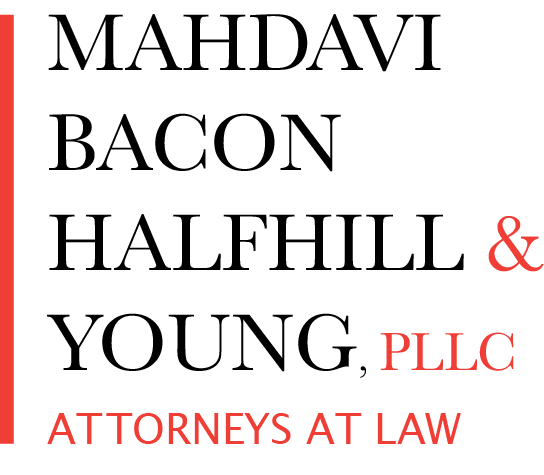
False Advertising Lawsuits On The Rise
Buy one get one! This sale ends tonight! Now 65% off!
Are your sales really sales? It’s an important question because lawsuits are on the rise challenging the legality of how companies advertise price promotions. Retailers should take note of what constitutes false advertising and be aware that their websites may be monitored to detect violations. As our trusted Washington, DC commercial litigation can tell you, while class action lawsuits often target big corporations, smaller businesses can still be susceptible to suits brought by competitors or regulators.
Recent Lawsuits Challenging False Sales
- Safeway class actions over BOGO offers: In July, Safeway agreed to a $107 million settlement in Oregon after a lawsuit alleged that the grocery chain’s BOGO (buy one, get one free) offers were misleading. The lawsuit alleged that Safeway regularly inflated the prices of items that were on sale so that the “free” item was not actually free. A similar case has been filed in California.
- Class action against Old Navy for creating a false sense of urgency: Washington consumers have filed a proposed class action against Old Navy, alleging that the clothing retailer created a false sense of urgency by advertising limited-time sales and promotions. The lawsuit alleges that Old Navy’s sales were not actually time-limited and that the retailer regularly offered the same discounts.
- $197 million settlement with Boohoo brands: UK retailer Boohoo, owner of the PrettyLittleThing and NastyGal websites, agreed to settle a California class action for $197 million. The lawsuit alleged that Boohoo falsely listed items as marked down, even though they were never sold for the original price. (According to California law and the Federal Trade Commission Act, it’s illegal to run sales using a fake reference price. The former price needs to be “the actual, bona fide price at which the article was offered to the public on a regular basis for a reasonably substantial period of time.”)
- $10 million settlement against SelectBlinds: In September, SelectBlinds agreed to settle a California class action for $10 million. The lawsuit alleged that SelectBlinds engaged in a number of false advertising practices, including misleading consumers about the original price of its products.
- JCPenney class action: A class action has also been filed against JCPenney alleging that the department store engaged in false reference pricing. The company settled a similar lawsuit in 2015.
Warning To Businesses
The rise of lawsuits challenging false sales should serve as a warning to businesses, which need to be careful to ensure that their sale advertising is accurate and truthful. If a business is found to have engaged in false advertising, it could face significant financial consequences, including a class action, fines from government agencies, and damage to its reputation. What may seem inconsequential when originally advertising could ruin your business for good.
To discuss how these changes could affect your business and what changes you may need to make, call to speak with Mahdavi, Bacon, Halfhill & Young, PLLC today.

